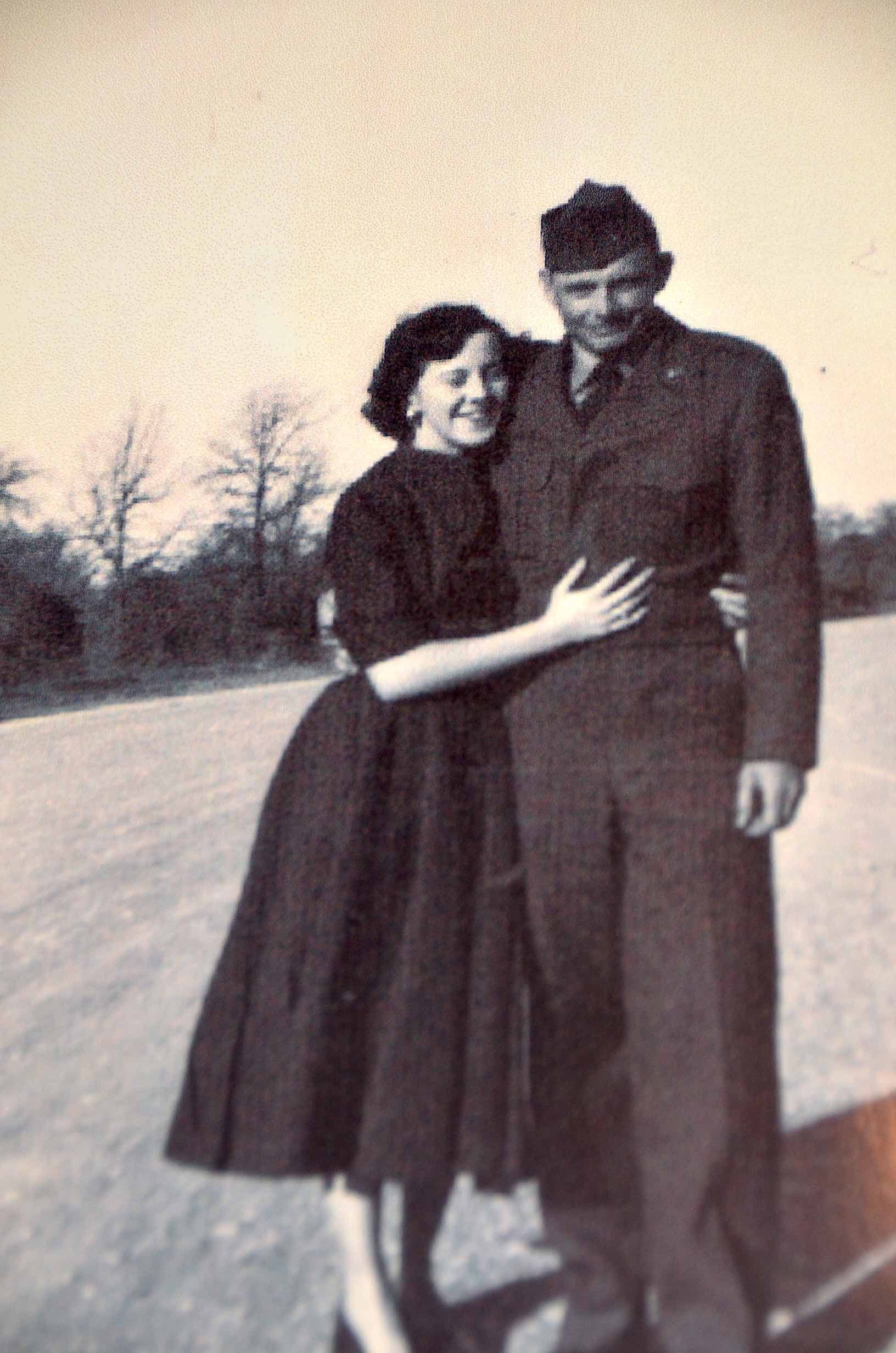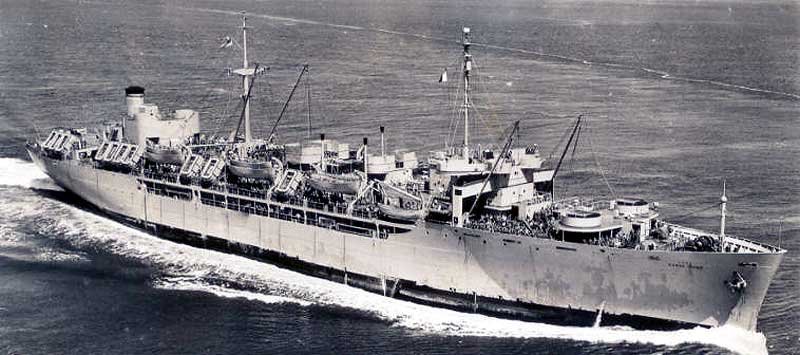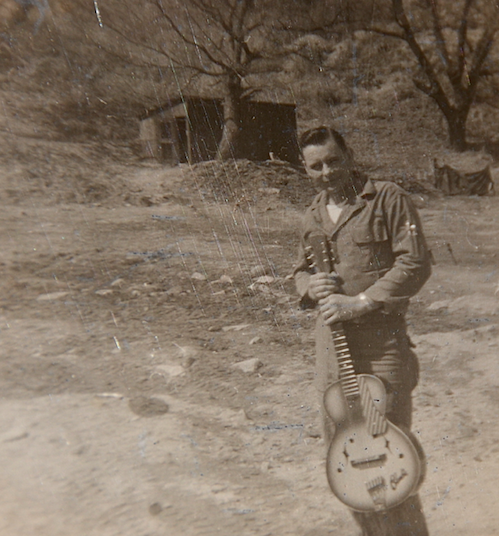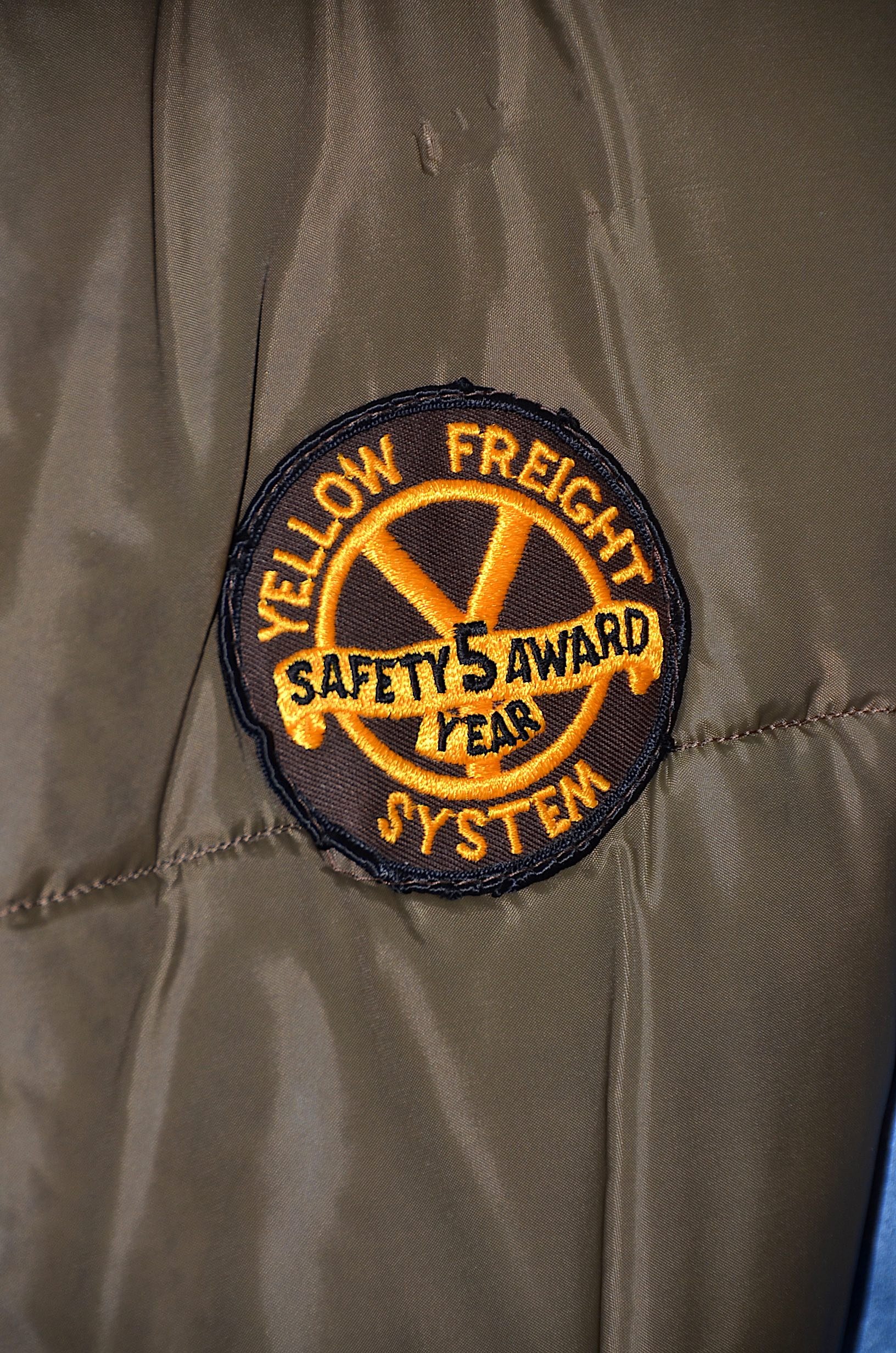Bob Pennington
Bob Pennington, US Army, Canton, Texas
Bob Pennington was born on March 13th, 1931 in Canton, Texas. He had one brother named R.C. Pennington and one sister named Dean. His father’s name was Candler and was a farmer when Bob was growing up until he was 22 years old. On their farm they grew mostly green peas. They then took them and sold the peas in Dallas 5-6 days a week. His dad had 150-200 acres of green peas. They took anywhere from 2,500 to 5,000 pounds of peas where they were marketed to wholesale houses.
“Today,” he said, “You couldn’t go up there and sell one sack of green peas. It has all changed. We also raised corn and sweet potatoes, but peas were the money crop,” said Bob. His mom, Edna, also went into the fields and helped pick peas. “We would get up at sunrise and pick until around 10 and have a load to go to Dallas by 12. We hired mostly local people and they were good workers. Back in my days you could hire a man for 10 hours at a dollar and a half a day. My dad would pay $1.25 to $1.50 a hundred pounds of peas. That was a lot better than $1.50 a day,” laughed Bob. “They would make $8-10 that morning picking peas. I didn’t have any problems getting locals to work.”
Early childhood
“I worked can till can’t,” laughed Bob. “Dad and I had a team of mules until we bought a Case tractor and all the equipment like a disk and cultivator in 1949. I doubt you could find many people today that could hook up a team of horses,” Bob said emphatically.
Bob looked out his window and pointed to all the acres he planted as a boy. “I remember those fertilizer sacks came in 100 lb. bags. I don’t know how I lifted them so high up on that tractor, I had to use a stool. That was a lot of hard work,” Bob said shaking his head.
High School
“I went out for football in my freshman year and played left end. I ended up with the mumps and didn’t play anymore. I had four years of vocational agricultural at Canton High School. We would go out to local cattle ranches and help with all kinds of things including castrations. OB King was the teacher and he was one of the best,” he said looking back.
Marriage
“I was drafted into the Army in 1953. I got married to my wife Hazel on January 3rd, 1953. “We met on a blind date, he was four and a half years older than me,” laughed Hazel. “I picked her up in a Baptist Church,” said Bob. “I had a 40 model two door Ford Sedan. Not too many kids had cars in those days,” bragged Bob. “My mom warned me not to get in the back seat with no man. Bob was in the back seat so I got in the front seat,” laughed Hazel. I asked, “was it love at first sight?” “NO” said Hazel. “We dated off and on for three and a half years.” “It was four years,” Bob corrected. The couple will be celebrating 67 years of marriage on the 3rd of January.
Military
“I left for service on January 15th, two weeks after we were married. I was getting a crop out and they gave me a deferment until I got that crop finished. You get a letter in the mail that says your friends and neighbors have selected you for the draft,” and we all laughed.
“I went to Boot Camp at Ft. Hood, Texas. I was there for 16 weeks of basic infantry. From there I received my orders to go to Korea. Two of my buddies from Canton got orders to go to Alaska. I was the 3rd highest scoring on my M1 rifle. We were shooting at a target 500 yards away. That may have been in the reason I was sent to Korea, I don’t know,” Bob said.
“After boot, I went home for 30 days leave and then the Army sent us to San Francisco for processing. We caught the Marine Adder ship ( was in service until 1967) which could haul 1500 troops but we had 3000 on board when we shipped out. We were on that water for 15 days. I always wanted to go deep sea fishing but after that trip, I have no desire anymore. So many people got sick on that trip. When you got seasick you had to get better for one day before you die,” he laughed.
“We landed in Inchon and I figured I had about a 50/50 chance of making it back. The big ship could only come so close to the shore and we loaded up on those gun boats and they would come closer to shore and we would all get out. I had a first cousin killed in 51 over there, Loid Lee Tucker was his name.
Once we arrived in Inchon we took an old Korean train and went near Seoul. I remember looking out the train window and seeing as many naked kids as kids who had clothes on. When we stopped we had to put security all around the train. We were afraid of running over some of those kids. It broke my heart to see all those kids hungry and begging. We wound up at “Outpost Harry.” It was cold. It got down to as low as -25 degrees below zero. I remember one time running outside and taking a picture of the snow in my tee-shirt.
Me and my Sargent were in a bunker and those sand bags came over head high and a mortar round came in and hit right on the outside of the bunker. Me and him hit the ground. He asked me, you hit? I said, I don’t think so. He got a piece of shrapnel in the leg. If that mortar had hit just a foot closer we would have been paid for,” Bob said shaking his head.
“I was in artillery for about a couple of months until I was asked to become a cook in the mess hall. We stayed at “Outpost Harry” for 13 months. While I was there I got to be friends with the first cook and the mess Sargent.
They asked me, “Bob, how would you like to come in and cook with us?” and I said “I would like that. We cooked mostly dehydrated food back then. Six cans of dehydrated potatoes would make a lot of potatoes in those big 15-gallon pots. We cooked for around 300 people at different times.
So, they took me into the kitchen and I cooked. The troops loved my cooking especially my pancakes. I had a long grill and as soon as I flipped em those boys came along and I would ask them, “How many do you want, one, two, three,” and he laughs. “On the other end we had the dehydrated scrambled eggs. Those eggs came in gallon cans. Every once in a while we would get a case of eggs. I would grab two pots and crack them eggs like crazy. If a shell dropped off in the eggs it didn’t matter,” we both laughed about that story.
“I loved to sing old Hank Williams songs as I cooked. I got the nickname “Little Hank.” We even got so good we had a couple of other singers and we went up to the officers quarters and sang for them. I played the “DOBRO.” My sister played lead steel guitar, she was 10 at the time and I was 6. There was an old barber shop in Canton and that is where I learned to play. There would be 15-20 of us go up there and play. Every year they had a tomato festival over in Edgewood. I remember we were playing “San Antonio Rose”. I remember my “E” string broke but I kept playing. I didn’t have a Dobro in Korea but I did play a steel guitar,” he said.
“The truce was signed in July 1953 at 10:30 p.m. Both sides pounded each other you needed earplugs and then right at 10:30 you could hear a pin drop. The next morning the Chinese and the Koreans were in this valley picking up their dead.
We had barbed wire all around our bunkers and I eased next to a 50 caliber. I thought yaw can stay out there but you are not coming thru here,” laughed Bob. The best thing I liked about Korea was getting out of there. After 13 months I was ready to come home, one tour was all I needed. I had been thru that mess and made it out alive.”
Hazel Pennington, Bob’s wife starting talking about the American POW’s from Korea and what they endured. “It made you isolate and pray that he wouldn’t be captured,” she said. “I didn’t know if he was coming back or not. I didn’t hear much from him when he was in Korea. I had heard the stories about how they were tormenting our boys, I was terrified. ”
“I guess we done some good over there,” added Bob. “Those North Koreans were running all over the South Korea. When I left they shipped us out of Pusan. There was an old captain visiting with us and he looked at me and asked, Sargant Pennington can you do me one more favor before you leave. I said yes sir, if I can. He said will you make me one more pot of coffee,” I laughed and said, “sure.”
“I took the ship back to Seattle, Washington and from there they put us on a troop train to El Paso, Texas. When I got there they asked me, “Sargant Pennington, we will give you a thousand dollars to re-enlist. I said thanks, but NO thanks. I had enough of the military. Even though I look back now, a thousand dollars was a lot of money back then.”
White Sands, New Mexico
“When I got back to the states I came home for thirty days. I was assigned to a training company and the 1st Lieutenant turned that down. I hit that office and I was a mad motor scooter. He said Sargant Pennington, I am very sorry but we have a bunch of soldiers we are taking out to White Sands, New Mexico. You are the only man in the company that has any field cooking experience. So, I had to go out and cook for them,” laughed Bob. “I spent about two weeks at White Sands. I got out of the military in 1955 after spending two years in the Army.”
Moved back to Dallas after the War
“A good friend of mine named Jimmy Shan was from Van Zandt County. He had a brother in law in the electrical business. He gave me and Jimmy a job as electric trainees. I stayed there for about six months and then went to the Ford Motor Company working on the assembly plant on East Grand. My job was to put chrome on the cars. I worked there from 1955-1958. We had 2,400 men working and they laid off half of them and I was one of them.
My dad was hauling sweet potatoes and I was visiting him in Canton. He got sick one day and had about 14 boxes of sweet potatoes and was wondering if I could get rid of them for him. I had them sold before I got back to Dallas.
I ended up working with my dad for about three months and left to go work for a freight line company. It was called Yellow Freight. They were located at 4500 Irving Boulevard in Irving, Texas. I worked there for 33-years. I worked at the terminal driving a forklift.
They ended putting a computer scale on my forklift to help with loading weights. I was told that I had collected over $2m by adding that scale to my forklift,” said Bob.
Hobbies or special interests
“I like to hunt. We didn’t have deer in the south part of Van Zandt County when I grew up. I hunted mostly in South Texas. I put corn out recently and I counted 14 deer on my property.
On my bucket list I can’t think of anything else than sitting on my patio looking out over the property with a set of field glasses. Last week I saw a big ole hog cross the property. I like to travel. Tim, our son was in Washington DC and and we visited him there.
“If I had to do it all over again I would still go back into the military service and I would still go to Korea and fight for this country.”
Bob, thank you for your service to our country while serving in the United States Army. Your courage and bravery in Korea will not be forgotten.
NOTE: Meet other Veterans from Van Zandt County by going to the top of this page and click on MEET OUR VETERANS and click one of the (5) branches of services and the veterans last name first and click to read.
“Every Veteran has a story to tell.” Phil Smith
GOD BLESS OUR VETERANS AND GOD BLESS AMERICA
(ALL photos on this Facebook page are ©2020, Phil Smith and Van Zandt County Veterans Memorial. NO unauthorized use without permission) All Rights Reserved.
















